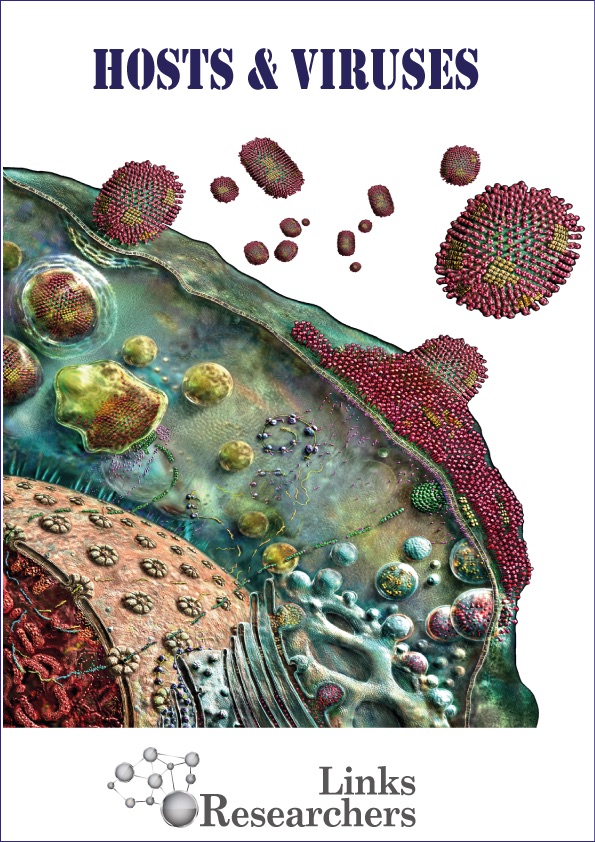Persistence of Newcastle Disease Virus Genotype II and Shedded Genotype VII in Poultry Farm Environment
Persistence of Newcastle Disease Virus Genotype II and Shedded Genotype VII in Poultry Farm Environment
Fady Samir1, Rania F. El Naggar2, Mohamed M. Hamoud3, Manal M. Zaki1, Abdulrhman M. Gamal1, Samah E. Laban1, Shaimaa A. E. Nasr1, El Shaimaa Ismael1, Osama K. Zahran1*
ABSTRACT
Despite intensive vaccination programs in many countries, including Egypt, Newcastle disease still being a significant threat to the poultry industry. Bad management for poultry byproducts (e.g. manure) might be a reason for environmental pollution which contaminate the environment either chemically through haphazard usage of medications and or biologically through massive use of homologous/heterologous vaccines especially the live ones. The aim of the current work is to estimate the persistence time for velogenic Newcastle disease virus (NDV) of genotype VII in poultry manure in compare to LaSota vaccine strain as a model of genotype II. Velogenic NDV of genotype VII are a major threat to the Egyptian poultry industry since 2011 onwards with continuous evolution and diversity. In the present study, manure from specific pathogen free (SPF) chicks was contaminated with allantoic fluid of NDV and kept at room temperature ranged from 20 to 25oc which is nearly the same as poultry farms on different coupon surfaces (metal, plastic and cooling pads). Daily examination of poultry manure for the persistence of NDV was conducted on the basis of virus isolation followed by haemagglutination assay (HA) which revealed that NDV survived in the manure up to 28 days. Likewise, monitoring for the manure pH and moisture % was carried out. Our explanation for the long-time course for NDV persistence due to increasing the moisture %. In this context, the findings of this study revealed that genotype VII viruses of class II NDV are circulating in Egypt. Furthermore, genotype II-based vaccines seem to be not efficient in stopping or controlling NDV infections among Egyptian poultry farms. On the other hand, the vaccination strategy depending on such vaccines may lead to the emergence of new variants and, consequently, the emergence of a different evolutionary pattern of NDV in Egypt. Therefore, it is necessary to test if genotype II-based vaccines apply unique selective pressures on NDV glycoproteins and their role in changing the NDV evolution in Egypt.
To share on other social networks, click on any share button. What are these?





